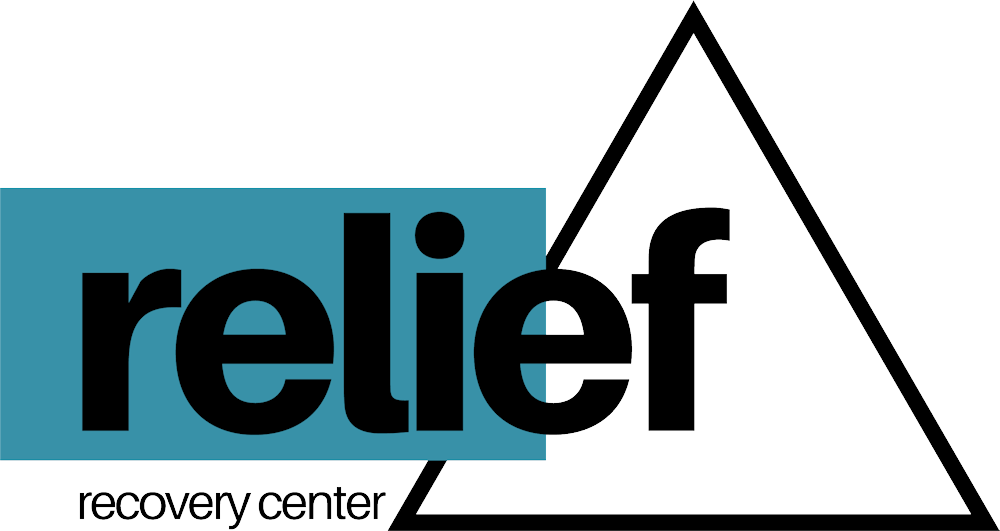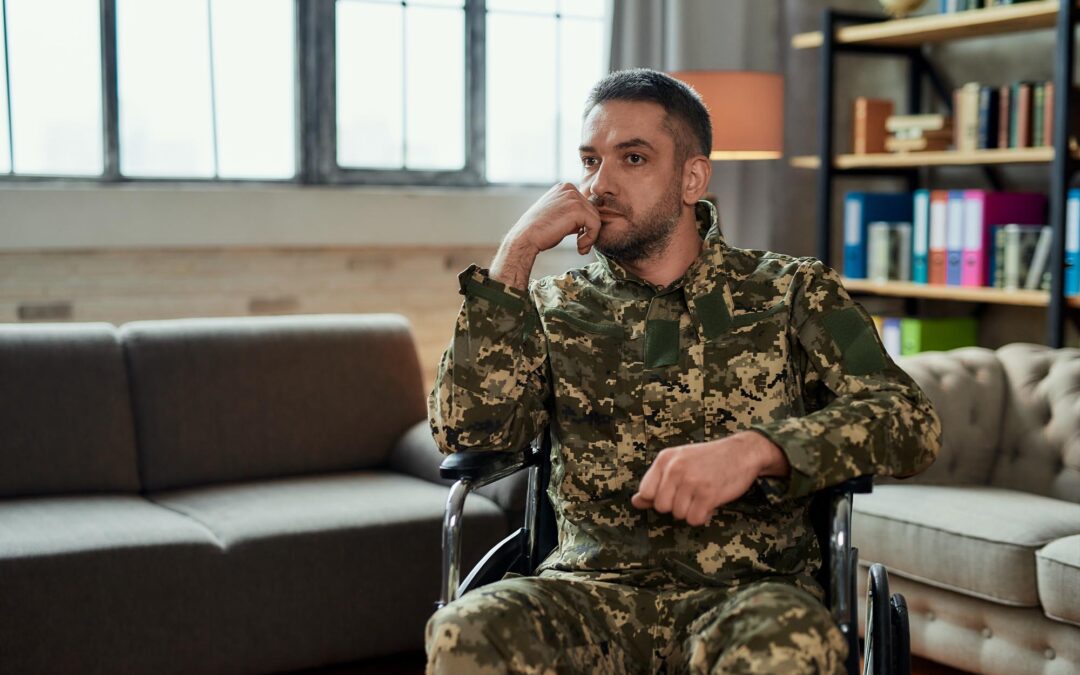Relapse is a common concern for individuals recovering from substance use disorders. The journey to recovery is filled with challenges, and the risk of returning to substance use can appear daunting. However, with the right strategies and skills learned through outpatient treatment programs, individuals can effectively manage triggers and cravings, maintaining their path to sustained recovery. The Relief Recovery Center offers comprehensive outpatient programs designed to support individuals in this critical aspect of recovery.
Understanding Relapse
Relapse is not a sign of failure but rather a step in the journey of recovery. Recognizing the factors that contribute to relapse, such as stress, environmental cues, and emotional triggers, is the first step in prevention. Outpatient treatment programs at Relief Recovery Center focus on identifying these personal triggers and developing coping mechanisms to deal with them effectively.
Development of Coping Skills
One of the core elements of outpatient treatment at the Relief Recovery Center is the development of coping skills. These skills are vital for managing life’s stresses without resorting to substance use. Techniques such as mindfulness, stress management, and emotional regulation are taught and practiced within the program, equipping individuals with the tools they need to navigate challenging situations.
Establishing a Support System
A robust support system is crucial for maintaining sobriety. Outpatient programs encourage the engagement of family and friends in the recovery process, facilitating the development of a supportive network. Additionally, the center provides access to community resources and peer support groups, such as those found through SAMHSA’s services.
Continuous Monitoring and Feedback
Continuous monitoring and feedback are integral components of the outpatient treatment offered at the Relief Recovery Center. This approach allows individuals and therapists to track progress, identify potential relapse triggers, and adjust treatment plans accordingly. Regular check-ins and therapy sessions ensure that individuals have ongoing support and guidance throughout their recovery journey.
Education on Substance Abuse and Relapse Prevention
Education plays a pivotal role in relapse prevention. The Relief Recovery Center’s outpatient programs include comprehensive education on the nature of addiction, the process of recovery, and strategies for maintaining sobriety. This knowledge empowers individuals, giving them the clarity and understanding necessary to prevent relapse.
Lifestyle Changes and Healthy Habits
Adopting a healthy lifestyle is another key strategy taught in outpatient treatment. This includes establishing regular sleep patterns, engaging in physical activity, and maintaining a balanced diet. Such lifestyle changes can significantly impact one’s ability to stay sober and reduce the likelihood of relapse.
Utilization of Medication-Assisted Treatment (MAT)
When appropriate, Medication-Assisted Treatment (MAT) can be an effective component of relapse prevention. The Relief Recovery Center’s outpatient programs can include MAT as part of an individualized treatment plan, helping to manage cravings and withdrawal symptoms, making it easier for clients to focus on their recovery.
Building a Relapse Prevention Plan
A personalized relapse prevention plan is a critical outcome of participating in an outpatient program. This plan includes strategies to deal with high-risk situations, daily routines to support sobriety, and steps to take if a relapse occurs. The Relief Recovery Center assists individuals in developing and refining their relapse prevention plans, ensuring they are prepared to face the challenges of recovery.
Engaging in Regular Physical Activity
Regular physical activity is encouraged as part of outpatient treatment. Exercise not only improves physical health but also contributes to mental well-being, reducing symptoms of depression and anxiety, which can be triggers for relapse.
Encouraging Participation in Sober Activities
Engaging in sober activities helps individuals build a new, substance-free lifestyle. Outpatient programs at the Relief Recovery Center promote participation in hobbies and social events that do not involve alcohol or drugs, providing opportunities for enjoyment and interaction without the presence of substances.
Relapse prevention is a vital aspect of sustained recovery from substance abuse. The outpatient treatment programs at the Relief Recovery Center are designed to equip individuals with the strategies and skills necessary to navigate the challenges of recovery effectively. By focusing on coping skills, support systems, continuous monitoring, education, lifestyle changes, and personalized relapse prevention plans, individuals can build a solid foundation for a lasting, substance-free life.
Remember, recovery is a journey, not a destination. With the right support and strategies, you can navigate this journey successfully. If you or someone you love is struggling with substance abuse, consider reaching out to the Relief Recovery Center. Start your path to recovery and prevent relapse with our comprehensive outpatient treatment services.



